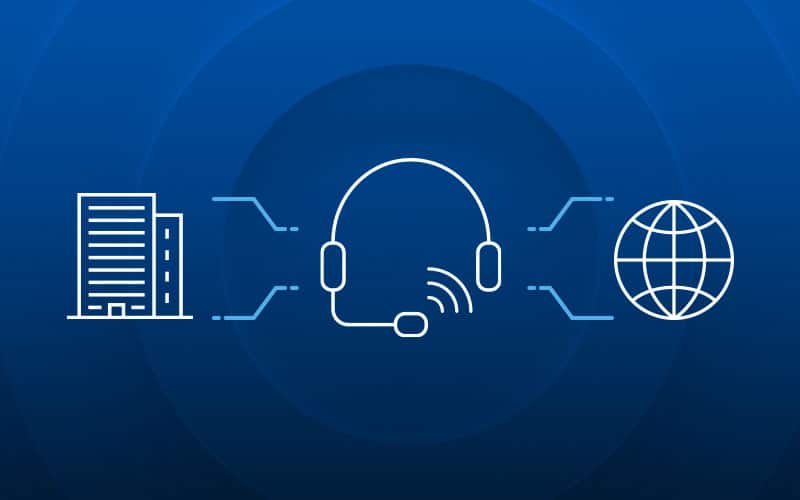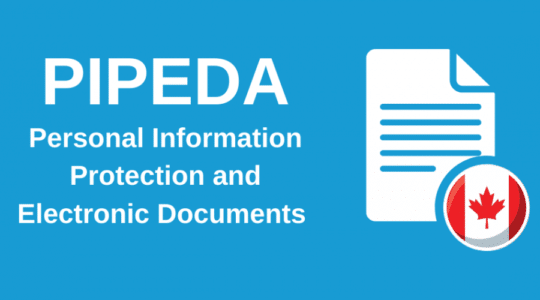
PBX and VOIP
Private Branch Exchange (PBX) vs. Voice over Internet Protocol (VoIP): Navigating Business Communication Solutions
Introduction:
When it comes to business communication, two technologies have long been at the forefront: Private Branch Exchange (PBX) and Voice over Internet Protocol (VoIP). Both are designed to facilitate efficient and seamless communication within organizations, but they differ in their underlying technologies and features. This article provides a comprehensive comparison of PBX and VoIP, exploring their characteristics, benefits, and considerations to help businesses make informed decisions about their communication infrastructure.
Technology Overview:
PBX (Private Branch Exchange): PBX is a traditional, hardware-based system that manages internal and external calls within an organization. It uses a private network to connect internal extensions and interfaces with the public switched telephone network (PSTN) for external calls.
VoIP (Voice over Internet Protocol): VoIP is a technology that enables voice communication over the internet by converting analog voice signals into digital data packets. It operates on the principles of IP networking, allowing voice data to be transmitted over the same network as other data.
Cost Considerations:
PBX: Traditional PBX systems often involve significant upfront costs for hardware, installation, and maintenance. Additionally, external calls may incur charges, especially for long-distance or international communication.
VoIP: VoIP is generally more cost-effective, leveraging existing internet infrastructure. The absence of dedicated hardware reduces upfront expenses, and many VoIP services offer flat-rate or lower-cost international calling options.
Scalability:
PBX: Scalability with traditional PBX systems can be more challenging, requiring hardware upgrades or additions. This may lead to increased costs and potential disruptions during expansion.
VoIP: VoIP is highly scalable, allowing businesses to add or remove lines and expand the system easily. This flexibility is particularly advantageous for growing organizations, as adjustments can be made without significant infrastructure changes.
Features:
PBX: Traditional PBX systems offer a standard set of features such as call routing, voicemail, and conference calling. However, additional features may require hardware upgrades and/or add-ons.
VoIP: VoIP systems often come with a rich set of features, including video conferencing, instant messaging, and integration with other business applications. These features contribute to enhanced collaboration and productivity.
Reliability:
PBX: PBX systems are known for their reliability, especially in environments with stable power and telecommunication infrastructure. However, disruptions may occur during power outages or hardware failures.
VoIP: VoIP reliability depends on the quality of the internet connection. Advances in technology have significantly improved reliability and call quality, but businesses should implement backup solutions, such as redundant internet connections and power supply, to mitigate potential disruptions to the VOIP service.
Integration:
PBX: Integration with other business systems may be more challenging with traditional PBX systems, often requiring custom solutions. On a positive note, because its only using voice, it can often be used with existing phone infrastructure (Cat3 or better).
VoIP: VoIP systems are designed with integration in mind, easily connecting with other communication and business applications. This fosters a more cohesive and streamlined work environment. However, because it requires a data connection, it must have an ethernet cable to connect (Cat5 or better).
Security:
PBX: Because PBX systems relies on the publicly switched telephony network it is the more secure option, as it is not connected to the internet. This limits the risk of threat actors attacking your PBX network.
VOIP: Security features have advanced for VOIP over the last decade, but it’s up to an organizations network security practices that truly secure the VOIP service. It is recommended at the bare minimum to have encryption enabled, strong unique passwords, and a next-generation firewall.
Conclusion:
Choosing between PBX and VoIP depends on the unique needs, budget, and growth plans of each business. While PBX offers reliability, security and a familiar infrastructure, VoIP provides cost-effectiveness, scalability, and an array of features that businesses could benefit from. Organizations should carefully evaluate their current and future requirements. This will help determine which solution aligns best with their communication goals, security requirements and overall business success. If you would like to discuss options with our team, book a consultation today.




